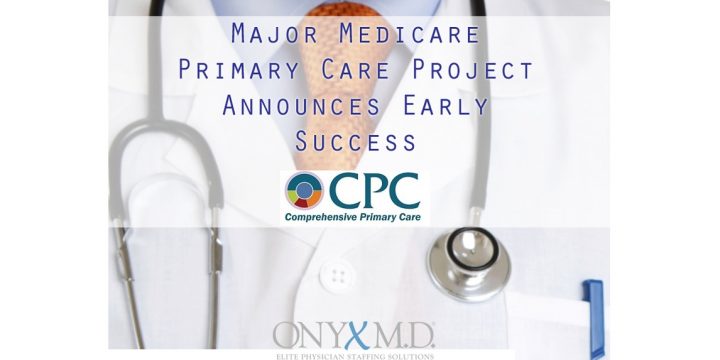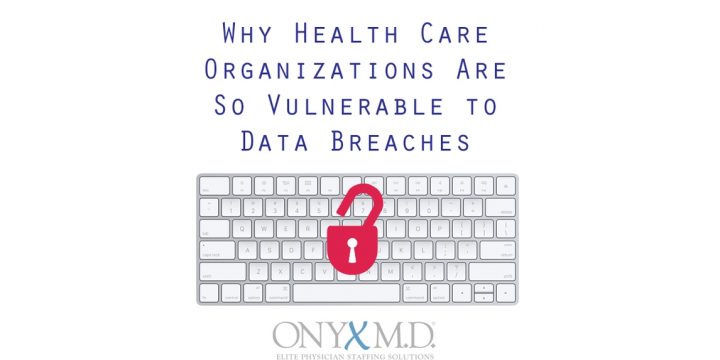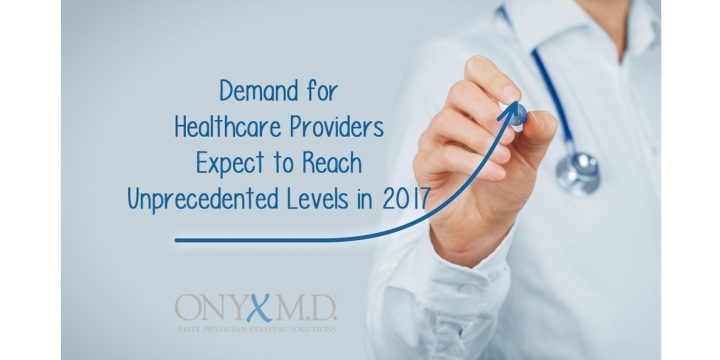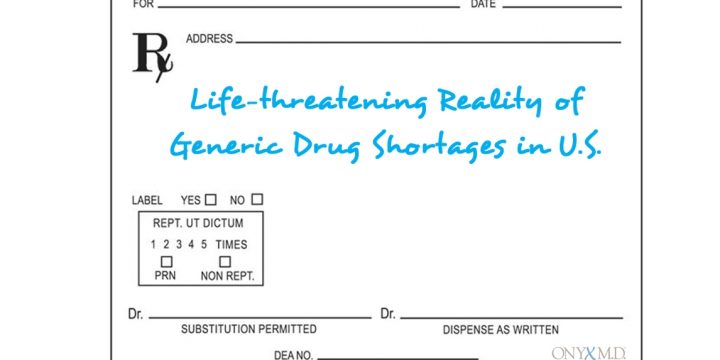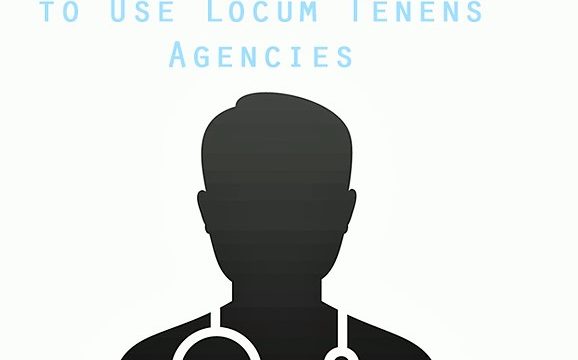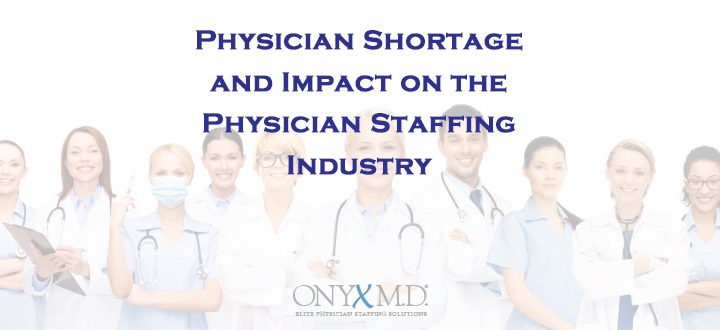
Physician Shortage and Impact on the Physician Staffing Industry
As a result of health care reforms and systemic changes within the health care sector, the physician shortage has become a crisis. The Association of American Medical Colleges predicts that there will be a shortage of 14,900 to 35,600 primary care physicians and 37,400 to 60,300 specialty physicians by 2025. However, many of the issues that are fueling this shortage, including rising number of retirements, professional burnout and increasing administrative requirements are being exacerbated by a new issue—President Donald Trump’s travel ban. With almost a quarter of physicians in the U.S. foreign born, the travel ban not only prevents qualified medical professionals from entering the U.S., it has also had a chilling effect on medical school student applications from predominantly Muslim countries. Many of the physicians and students from these nations are…



